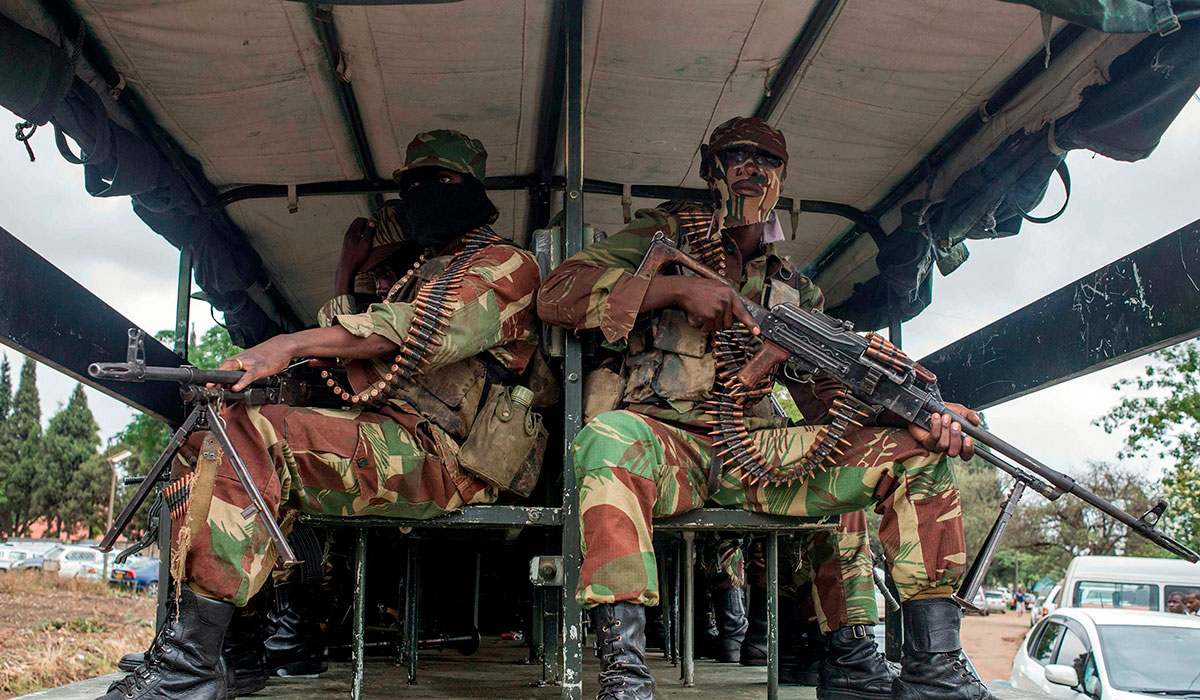Most African countries responded rapidly to the COVID-19 pandemic by mobilising public-health systems, restricting social movement and closing the borders. In the process, states have disrupted major air, road, rail and maritime international transport links, and have increased the deployment of police, and in some cases also the army, to enforce the containment measures. There are four dimensions that best explain Africa’s options for the way forward.
COVID-19 may have provided African governments with an opportunity to create a new social compact with their citizens.
Tweet
First, the primary goal in the fight against COVID-19 is to prevent the spread of the virus and to care for those infected. In this crucial work the African Union’s African Center for Disease Control (CDC) has played a leading role in coordinating, alongside the WHO, Africa’s preparations and response. As a result, African countries have acted faster than any region with a comparable rate of infection, and in the process thousands of lives have been saved.
Secondly, for many African countries military deployment and related expenditure has become a necessity, compelling countries to allocate resources towards unplanned military expenditure for domestic operations.
Thirdly, on the African continent, national strategic responses to COVID-19 have exposed existing inequalities manifest in densely populated formal and informal settlements. The deployment of forces has resulted in almost immediate clashes in slum areas in Kenya, Nigeria, Cameroon and South Africa, revealing deep structural inadequacies within African states.
The presence of uniformed forces in the slum areas almost automatically restrains normal economic activity. Minor, everyday occurrences that police would normally ignore then become transgressions in the eyes of authorities, leading to clashes when regulations are enforced.
Finally, although military deployments has become a reality in a number of African countries, the danger of relying on the use of the military in weak and fragile states – as publicly acknowledged by the African Union – is that the project of consolidating participatory democracy may regress, reversing gains achieved since the advent of multiparty democracy in the 1990s.
It is also true that some African leaders may take advantage of the lockdowns to continue running elections even when the opposition is unable to freely campaign, or to postpone elections. Thus far elections in Ethiopia, Mali, Malawi and Togo have been disrupted in one or other form.
COVID-19, inadvertently, may have provided African governments with an opportunity to create a new social compact with their citizens to inspire and provide leadership. Civil-military relations remain a challenge in Africa. COVID-19 has compelled the continent to have boots on the ground and rifles on the streets in societies that are still fragile and easily reduced to conflict and confrontation.
Professor Martin Rupiya (PhD) is the Innovation and Training Manager in the Operations Department of the African Centre for the Constructive Resolution of Disputes (ACCORD).
A longer version of this article was published in the Mail & Guardian on 23 April 2020.

